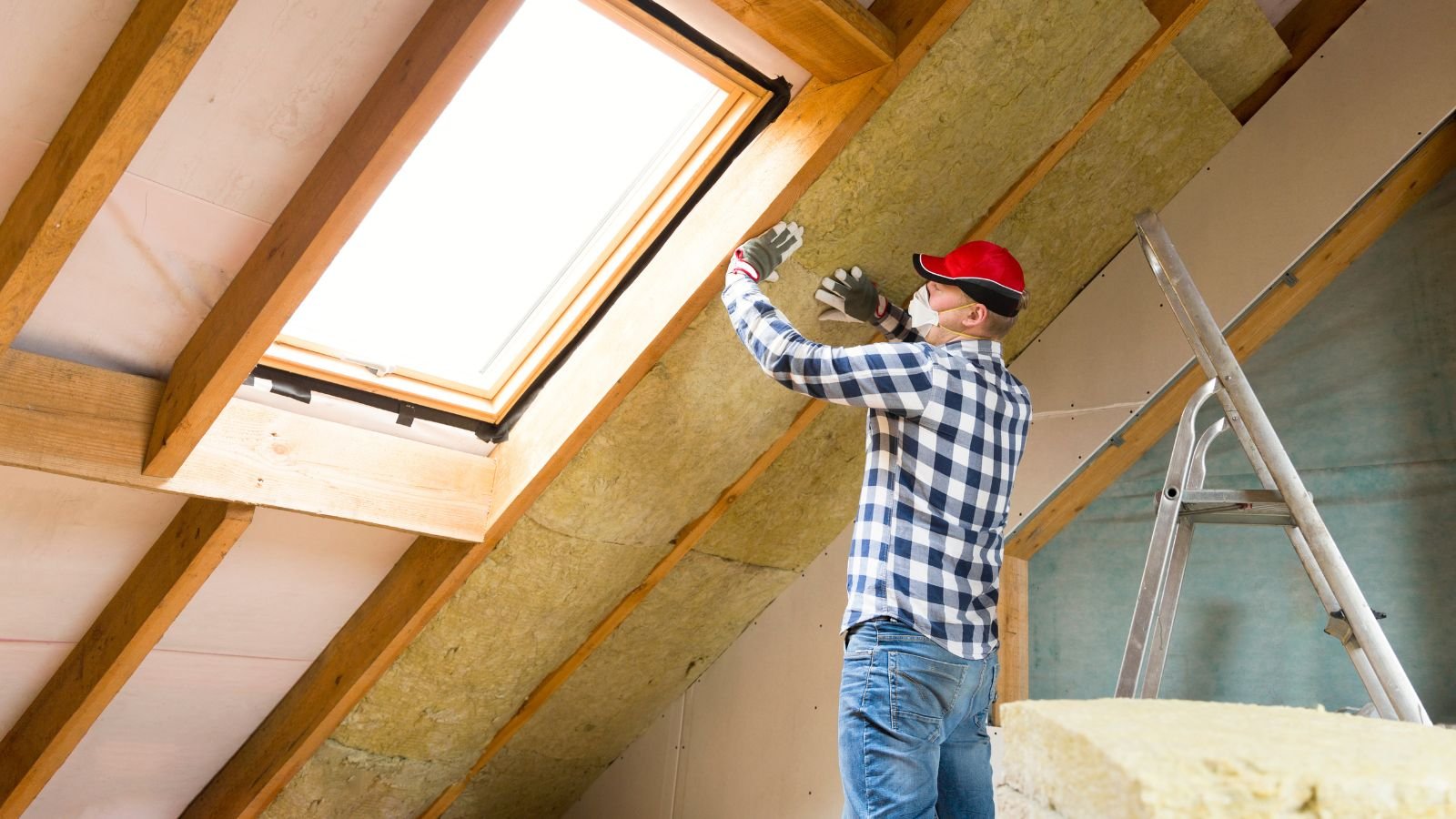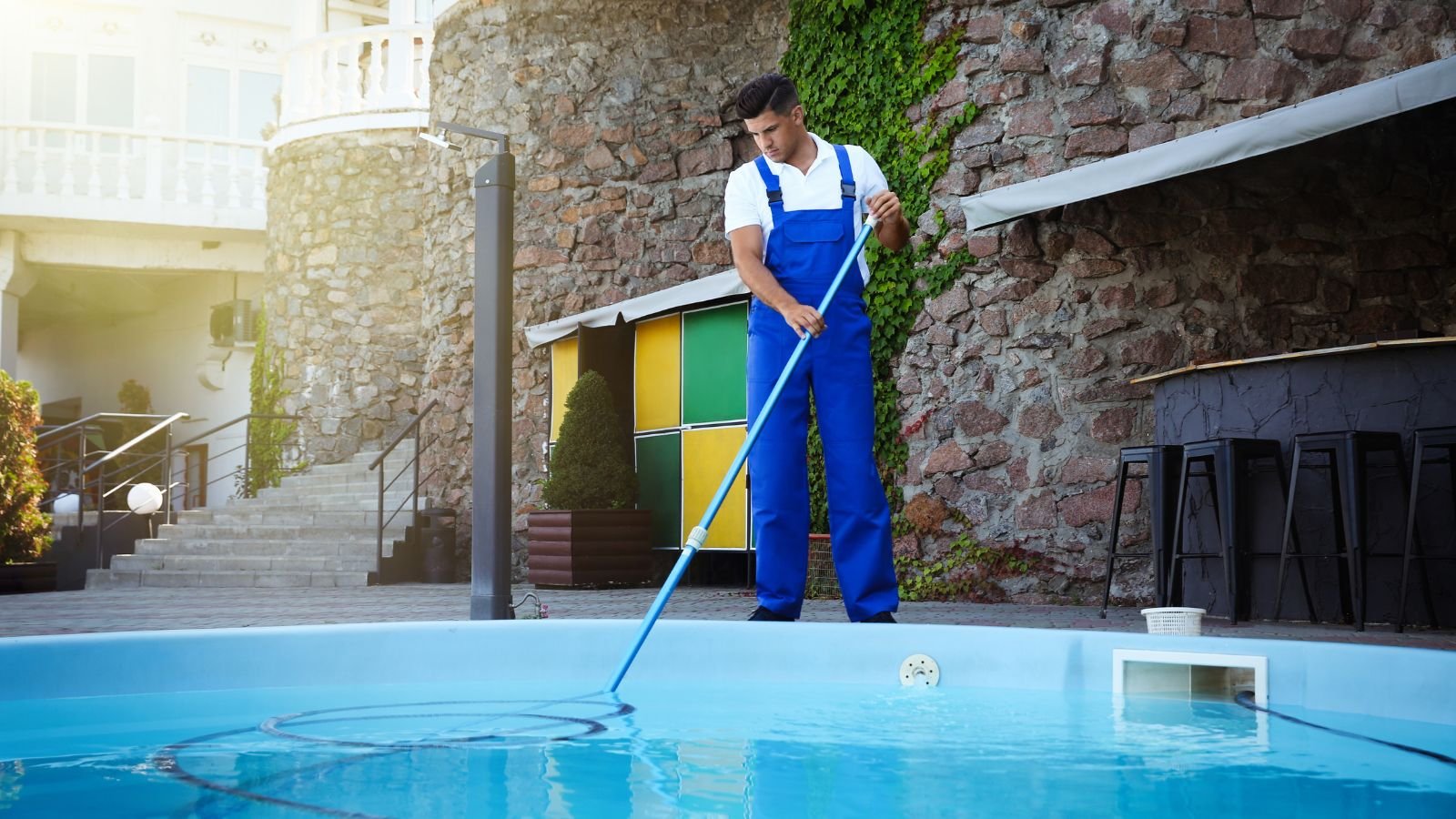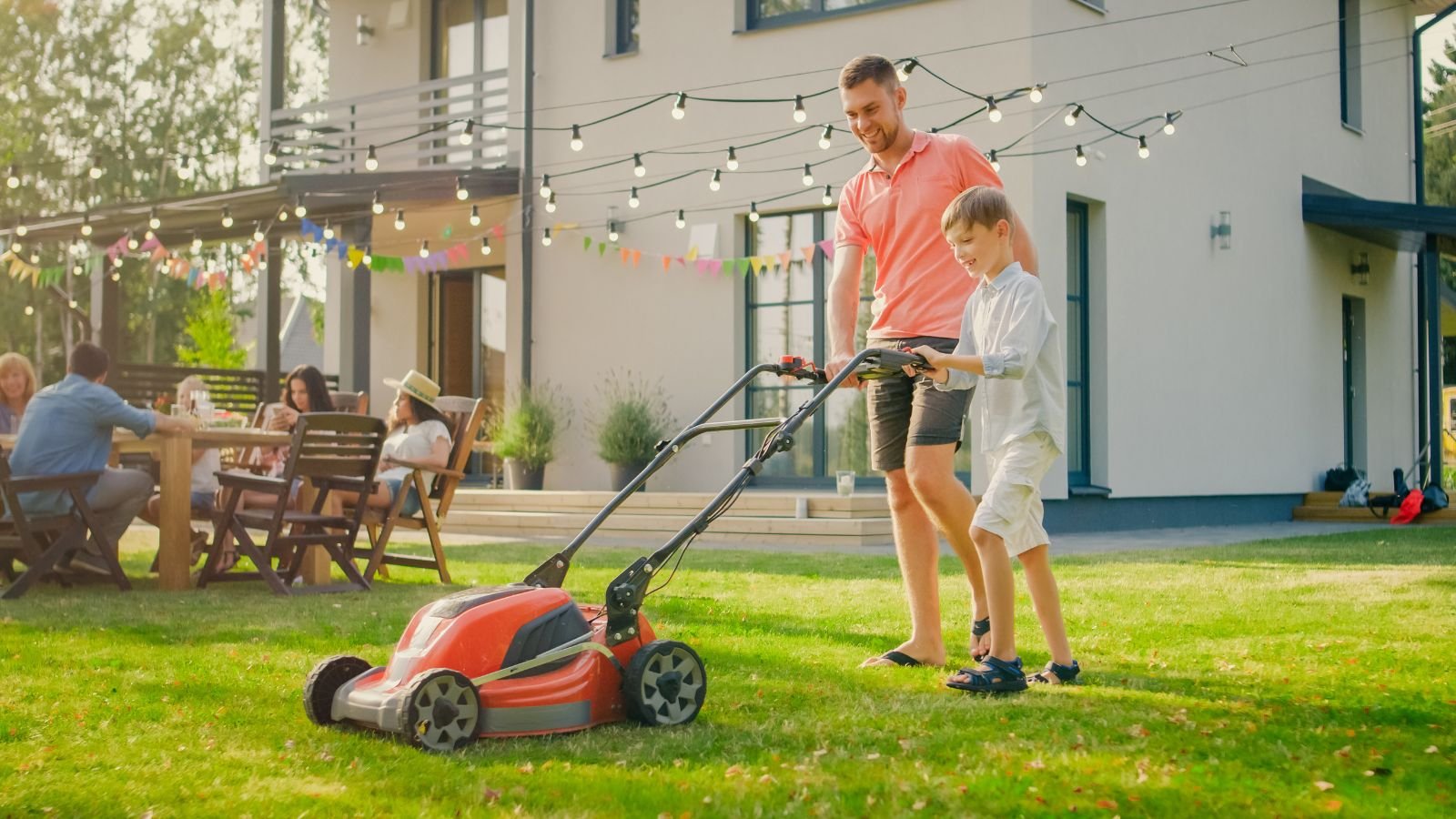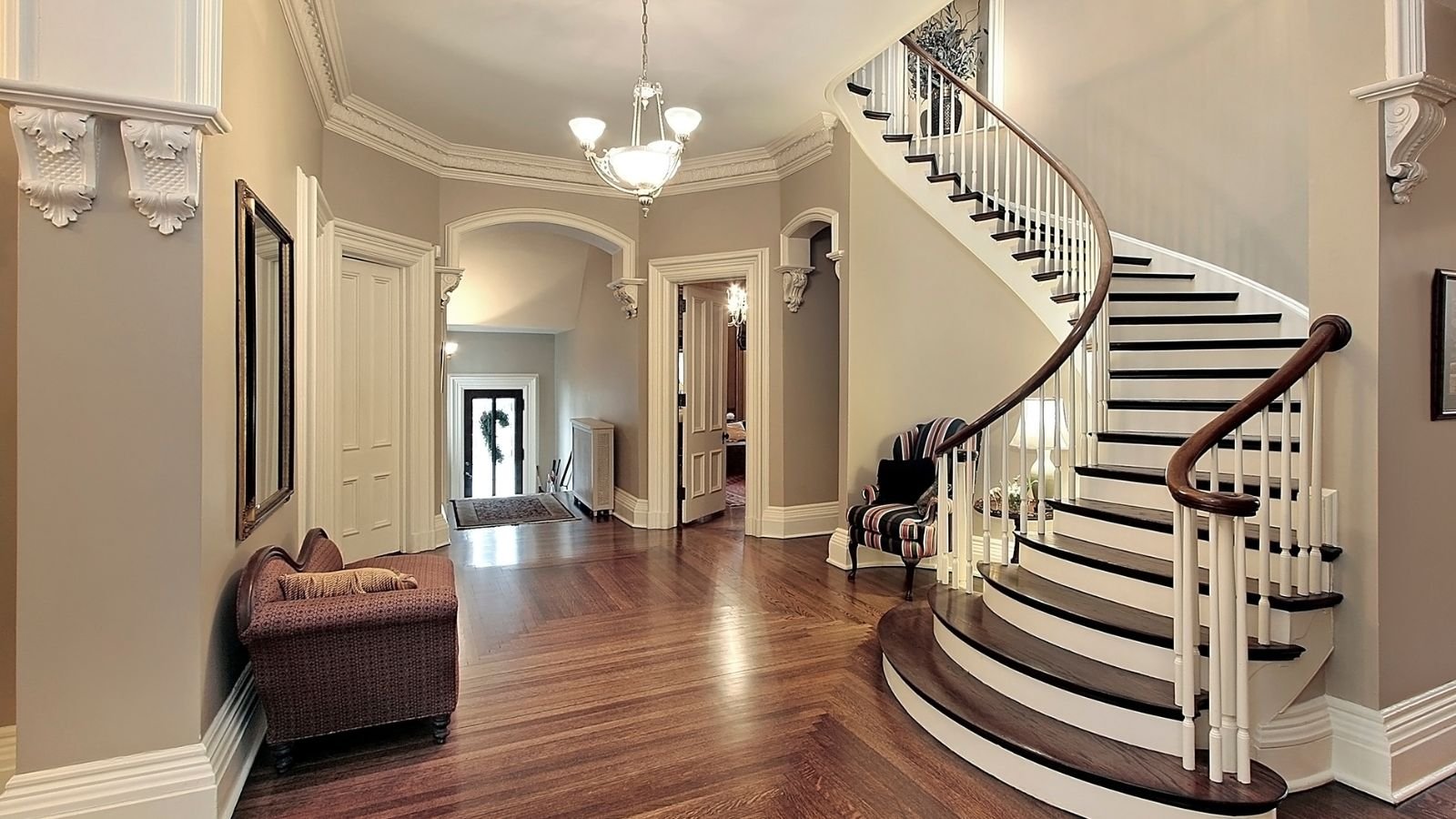Your home is more than just bricks and mortar; it’s an investment. Unfortunately, many homeowners unknowingly take actions that significantly diminish their property’s worth. From design disasters to costly oversights, there are countless ways to sabotage your home’s value inadvertently. Let’s uncover some common mistakes and how to avoid them.
Upgrading without a permit

Skipping permits for home renovations can lead to legal troubles and hefty fines and render your home virtually unsalable. Unpermitted work often fails safety standards and can expose you to lawsuits from future homeowners. Research all the local regulations and obtain necessary permits before you begin any major home renovation project to avoid these headaches.
Neglecting Basic Maintenance

Neglecting essential home maintenance can severely impact your home’s value. Overlooking routine tasks like gutter cleaning, roof inspections, and system checks can lead to costly structural damage. These issues are often red flags for home inspectors, potentially scaring off buyers or significantly reducing your home’s asking price. Homes with deferred maintenance can sell for significantly less than comparable properties in good condition.
Bold Paint Choices

Bold paint choices can adversely impact your home’s resale value. While painting your home in bright colors can add personality, it may deter potential buyers who prefer neutral spaces. Vivid or dark colors can be challenging to cover, increasing the time and cost of preparing your home for sale. Before committing to a dramatic paint job, you must consider the potential effect on resale value.
Removing Closets

Removing closets can decrease a home’s value considerably. Storage space is highly coveted by buyers, especially in urban areas where space is limited. Even in suburban or rural settings, ample storage can be a major selling point. Carefully consider the potential effect on resale value before eliminating any closet space.
Converting Garage Into Living Space

Homes with garages typically sell faster and for higher prices than those without. Converting your garage into a living space can lower your home’s value. While it might seem like a clever use of space, most buyers prioritize a garage for vehicle storage. Most homebuyers consider a garage essential, and it’s often valued more than basements or attics. Converting your garage could deter potential buyers and lower your property’s price. A recent National Association of Realtors study found that 85% of homebuyers consider a garage essential or very important.
Ignoring Energy Efficiency

Ignoring home energy efficiency can substantially lower your home’s value. Potential buyers are increasingly eco-conscious and prioritize energy-efficient homes. Older, less efficient homes can deter buyers due to the prospect of higher utility bills. Investing in energy upgrades like insulation, efficient appliances, and renewable energy options can boost your home’s value and appeal to many more buyers. A staggering 84% of people in the recent Knight Frank Global Buyer Survey stated that energy efficiency is important to them in a future home, highlighting the growing demand for sustainable living spaces.
Adding A Swimming Pool

Adding a swimming pool can be a risky investment. While it can increase property value in warmer climates, in cooler regions, pools often decrease a home’s appeal. High maintenance costs, safety concerns, and the potential to deter families with young children can lower your home’s resale value. Careful consideration of your local market and buyer demographics is essential before taking the plunge.
Following Home Renovation Trends

Following the latest fads in home renovation is not a wise choice. While trendy updates may seem appealing now, they can quickly become dated and deter potential buyers with different tastes. Buyers prefer classic and timeless design elements over trendy features. Instead of chasing fleeting trends, consider renovations that enhance functionality and appeal to a broader range of buyers. This could include upgrading kitchens and bathrooms with neutral tones and high-quality materials and focusing on energy efficiency with new appliances and insulation. By prioritizing timeless design and functionality, you can create a home that retains its value for years.
Shoddy DIY Home Renovations

DIY home renovations can backfire if not executed professionally. While saving money is tempting, poor workmanship can significantly diminish a home’s value. Potential buyers will easily spot shoddy repairs or design flaws, which can deter them and lead to lower offers. Considering the possible impact on your home’s marketability, it is important to weigh the pros and cons before tackling a DIY project. Some professional home renovations, like garage door replacement and front door replacement, typically can recoup their cost upon resale, while DIY projects often return a lower percentage.
High-Maintenance Landscaping

High-maintenance landscaping can be a costly mistake. While a beautifully landscaped yard can boost curb appeal, potential buyers may be turned off by the prospect of extensive upkeep. Overly complex or delicate landscaping can decrease a home’s value by making it less desirable to a broader range of buyers.
Lowering ceilings

High ceilings are a desirable feature that creates a sense of space, light, and luxury. They are often associated with higher-end homes and can contribute to a property’s overall appeal. Lowering ceilings can create a claustrophobic feeling, putting off potential buyers. Modern buyers often prioritize open floor plans and airy spaces, making high ceilings even more desirable. If you’re considering lowering a ceiling, carefully weigh the potential drawbacks against the benefits. In many cases, alternative solutions, such as recessed lighting or creative architectural details, can achieve the desired effect without sacrificing valuable ceiling height.
Pet Odors And Damage

Pet odors and damage can significantly reduce a home’s value. Potential buyers are often turned off by evidence of pets, as it can be difficult to remove odors and repair damage. Invest in regular cleaning, odor removal treatments, and preventative measures like scratch guards and floor protectors to maintain your home’s value. Additionally, create a pet-free zone for showings to appeal to a broader range of buyers.
